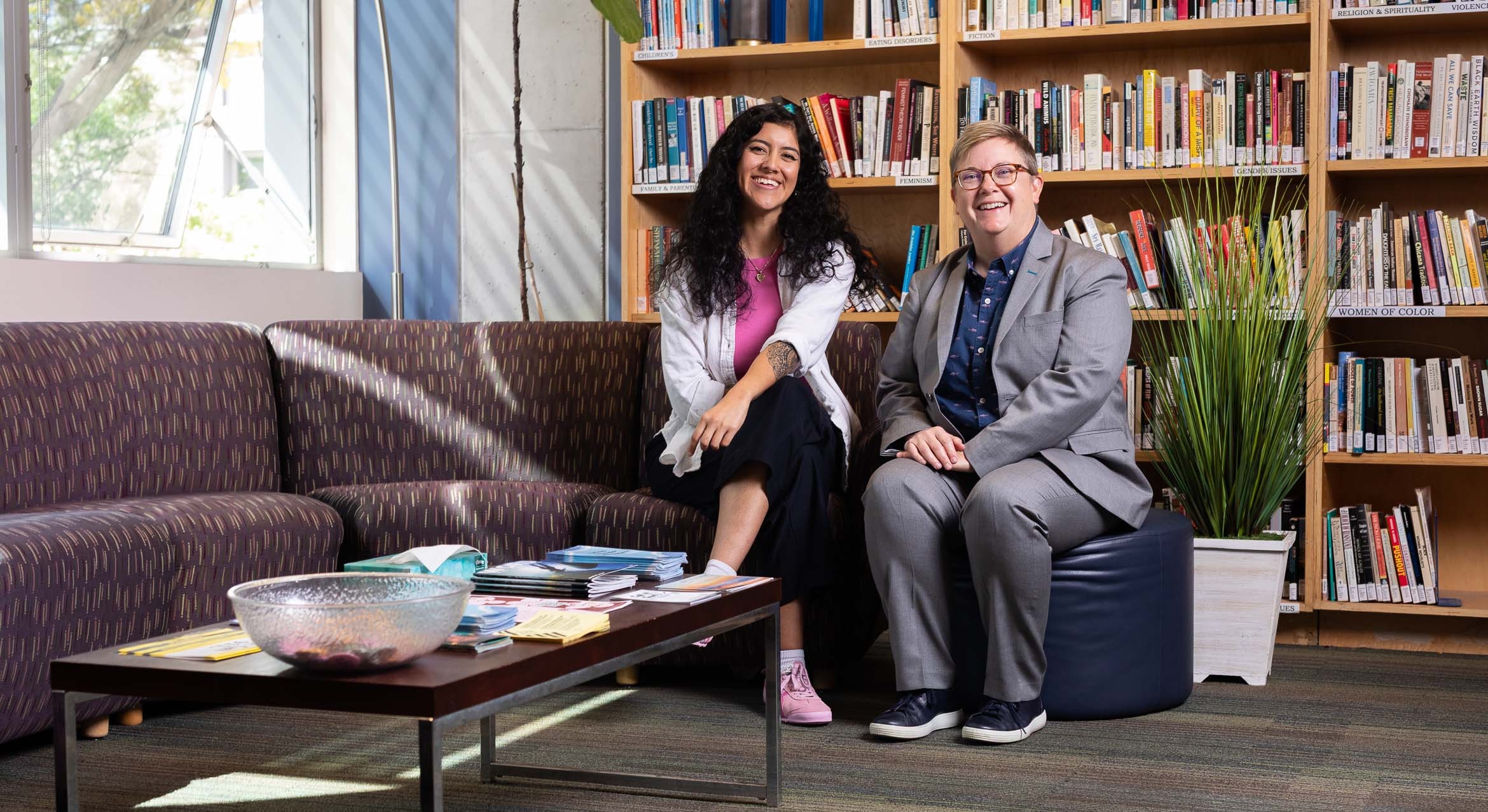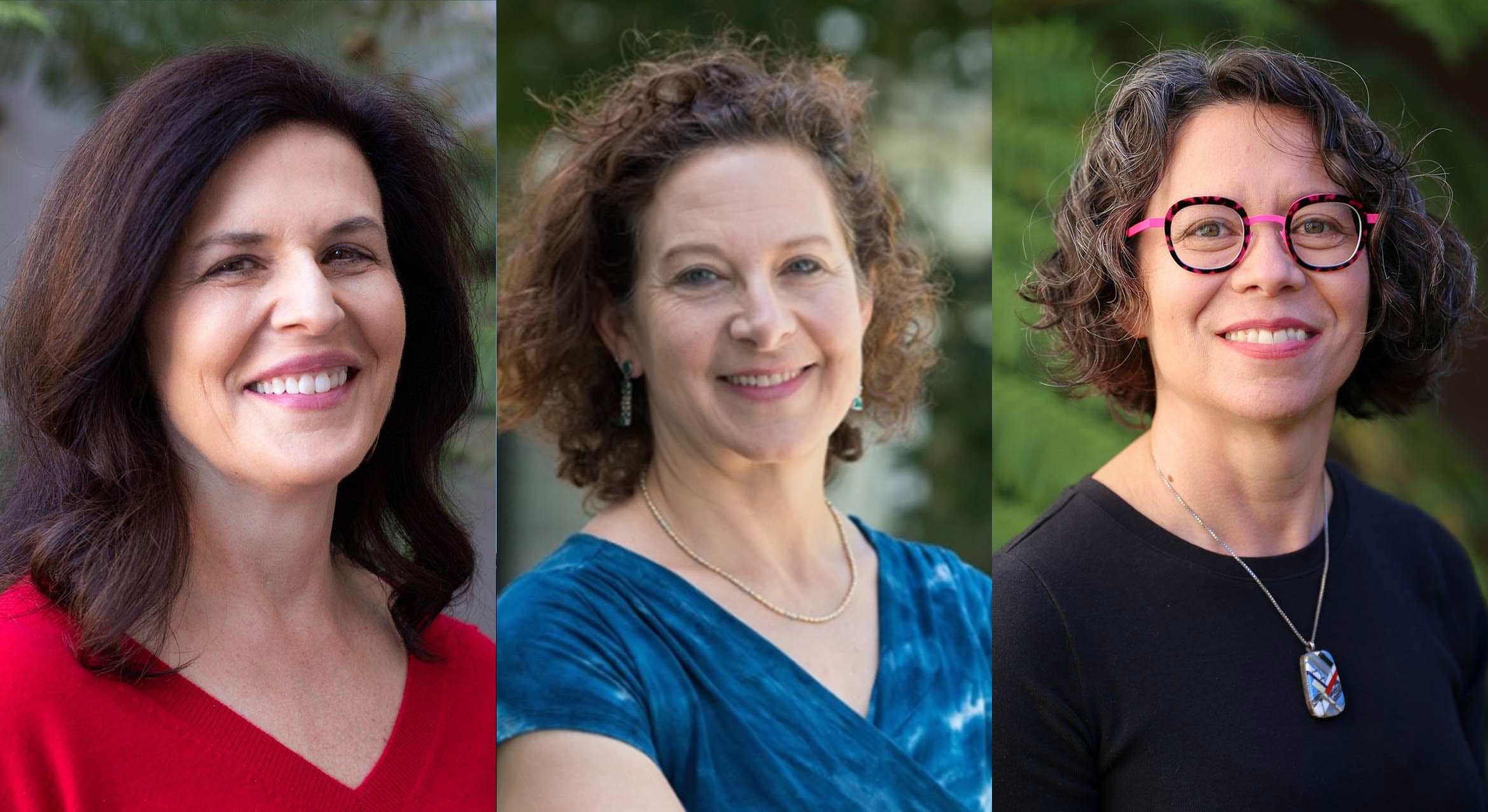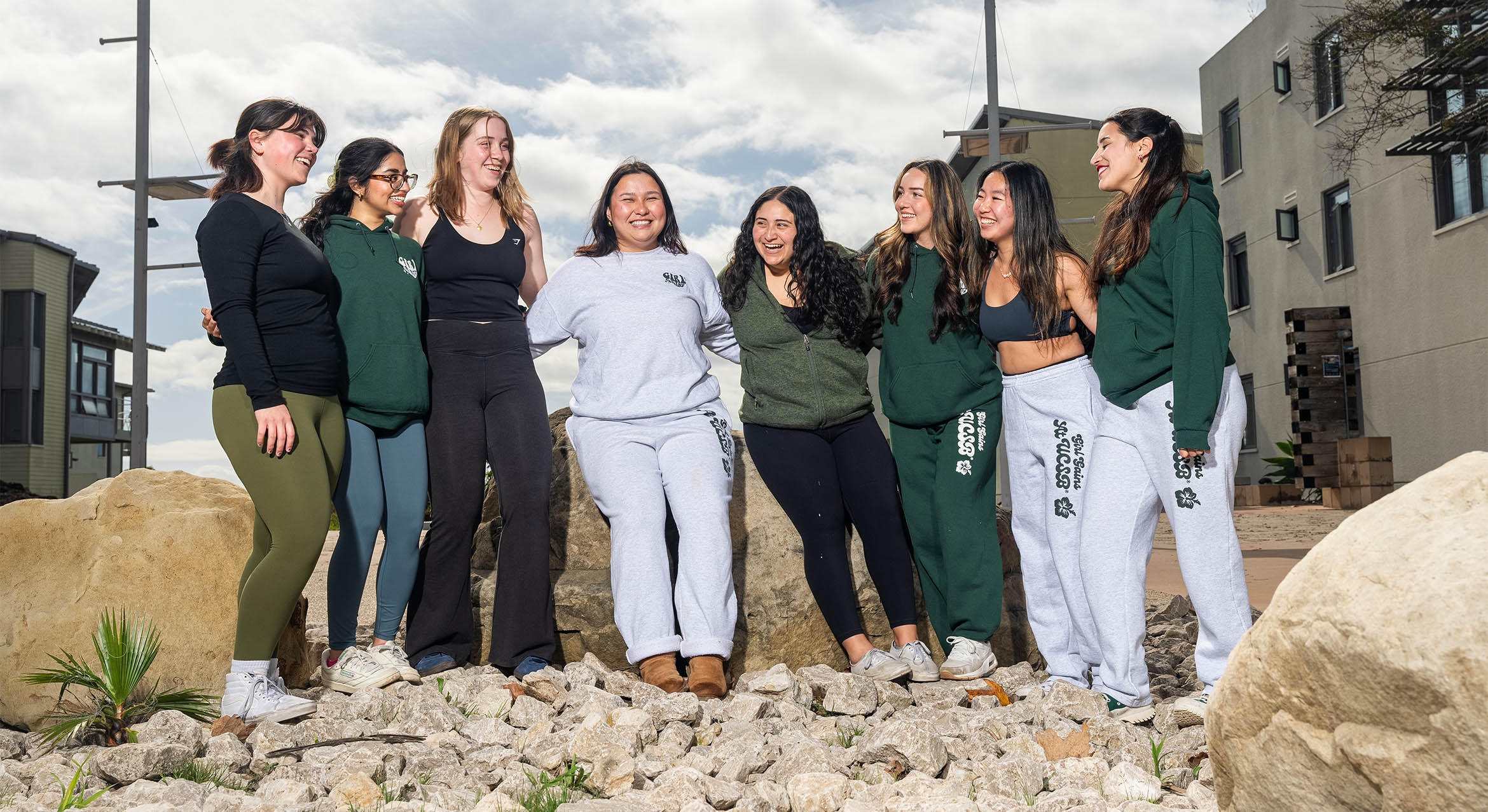A Taste for Justice
Shouldn’t food be a right, not a privilege? And what is the difference between being fed and being nourished?
With a central theme of food justice, such subjects were explored during the three-day, inaugural California Higher Education Food Summit held at UC Santa Barbara. Founded by a multicampus team of University of California staff and students, the first-of-its-kind conference is part of the ongoing UC Global Food Initiative.
The gathering convened some 150 students, staff and faculty from UC, California State University and community college campuses, and community and food agency leaders at large, to dissect and discuss the environmental, social and economic pressures that create barriers to food access, security and justice.
“All too often, the struggle students face in accessing affordable, nutritious food is marginalized,” said Katie Freeze, student chair of UCSB’s Associated Students Food Bank, which helped organize the conference. “Bringing these issues to light will enable the UC community to better address student hunger.”
And beyond.
In a wide-ranging and rousing talk addressing the “complexity and significance of food justice,” keynote speaker Nikki Silvestri said, “When we talk about justice, we are actually talking about everyone, from beginning to end.
“Locate yourself in the fight for food justice,” urged Silvestri, a noted thought leader in creating social equity and former executive director of People’s Grocery in Oakland. “Who are you? Who are your people and what is your fight? And allow yourself to be surprised by the answer.”
For Colin King, a fifth-year student at UC San Diego, the fight centers on food access for college students who are struggling with hunger. Working with his campus’s Associated Students staff, King is part of the team launching UCSD’s first food pantry.
“Nourishment costs more than simply feeding yourself,” said King, who got involved after witnessing a friend fall on hard times. “He was sleeping in his car and couldn’t afford food. Seeing what he went through is what inspired me initially. Coming to this conference has been so valuable for gaining a better understanding of food insecurity UC-wide, and for the tangible things we’ve learned to take home with us, to make our own pantry and food insecurity initiatives the best that they can be.”
A similar hope coursed through the conference on behalf of the broader UC Global Food Initiative (UCGFI), which is designed to coordinate resources systemwide to help ensure adequate nutrition — starting with access to food — for all. Unveiled by UC President Janet Napolitano in July, the UCGFI is working to harness the UC’s collective excellence in research, outreach and operations in a sustained effort to develop, demonstrate and export solutions — throughout California, the U.S. and the world — for food security, health and sustainability.
“There’s a lot of enthusiasm and extremely bright people who want to see changes that will improve people’s health on our campuses, in our community and beyond,” said Joanna Ory, a graduate student at UC Santa Cruz and among the recently selected UCGFI fellows in attendance at the summit. “It’s a really important issue and great to see so many people who care.”
More than two-dozen workshops held over the course of the conference tackled subjects from culinary medicine to new models for student dining, the health implications of food insecurity and the role of higher ed in the greater food system. There were also presentations on the “Swipes for the Homeless” program that UCSB and UCLA have adapted to aid food-insecure students, how to build partnerships between university campuses and local farms, and the transformational potential of campus gardens.
To that latter end, UCGFI fellow Alyssa Billys, of UCSC, is working to help coordinate the amount of produce from the student farm that is sold to campus dining.
“We have the farm right here,” Billys said of her campus. “Why can’t we access that (produce)? Having food brought to you by students, for students, is really empowering.”
Empowerment was the prevailing spirit of the first-ever summit.
“We define food justice as communities exercising their right to grow, sell and eat healthy food that is fresh, nutritious, affordable, culturally appropriate, grown locally, with care for the land, for people and for animals,” said panelist D’Artagnan Scorza, founder and executive director of the Social Justice Learning Institute in Inglewood. The UCLA alum and former UC Regent added, “One way we work to empower our community members is first by listening. It’s important for us not to speak for people, but to ensure they can speak for themselves.”






